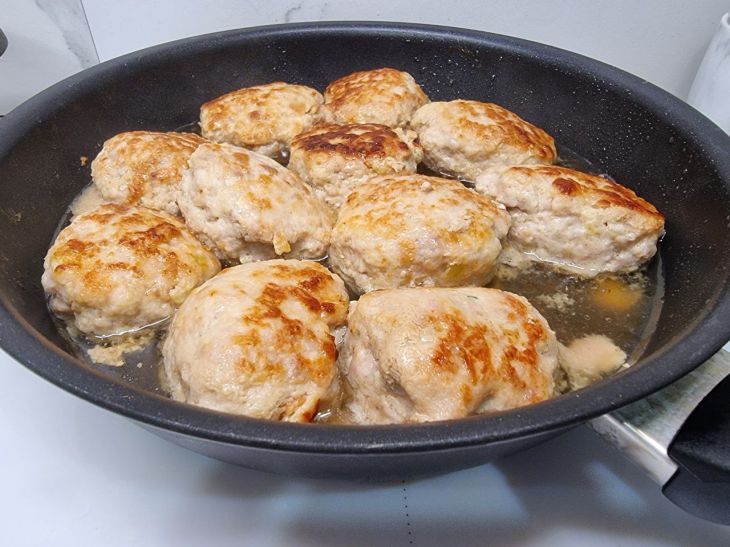When making cutlets, most people strictly follow the recipe and try not to experiment. But are mistakes made during cooking accidentally?
Many will be surprised, but the key ingredient is onion.
Therefore, it is worth figuring out how much onion you need to put per 1 kg of minced meat to end up with perfect cutlets.

Useful information was shared by the expert of the online publication Belnovosti in the field of cooking, chef, fourth-class baker Yulia Arkhipova .
What mince is better to use?
The first step in making perfect cutlets is to prepare the mince. To do this, you need to choose quality meat and process it correctly.
The optimal combination for minced meat is considered to be a ratio of beef and pork in equal proportions.
How much onion to add
Determining the optimal amount of onions per 1 kg of minced meat is the most important point during preparation.
It is generally recommended to add 200-300 g of onion per 1 kg of minced meat. However, the ideal amount of onion may vary depending on preference.
How to prepare onions
Onions for cutlets should be carefully prepared before adding to the mince. They should be peeled and cut into small cubes or thin strips.
Such prepared onion will be evenly distributed in the mince and will give the cutlets a unique taste. It is not worth chopping it too finely, as this will negatively affect the taste of the dish.
How to mix
After preparing the minced meat and onions, mix them together thoroughly to ensure that the onions are evenly distributed throughout the minced meat.
This will allow you to achieve a harmonious combination of flavors and aromas. At this stage, many people rush, but if the onions are not distributed evenly, there will be no harmony in taste.
Forming cutlets
After mixing the ingredients, you can start forming the cutlets.
The optimal size of the cutlets depends on your preferences, but it is recommended to make them small to ensure even frying and maintain juiciness.
Earlier, gourmets were told how to “season” mashed potatoes to make them more appetizing.

